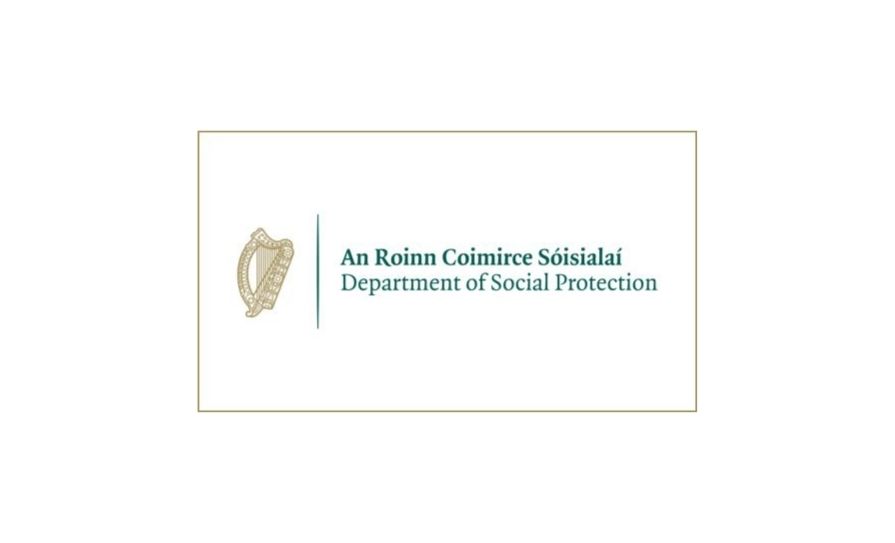The care of women in public maternity services “will never be the same” as that provided by private services, the heads of the four biggest maternity units informed Minister for Health Stephen Donnelly.
Their correspondence, dated September 2023, also stated there was “some evidence” that complications were less likely to occur among women managed privately.
The letter was issued following a meeting with the Minister on the public-only consultant contract (POCC). It was signed by the Masters of the Dublin maternity hospitals Prof Sean Daly, Rotunda Hospital; Prof Shane Higgins, National Maternity Hospital; and Prof Michael O’Connell, Coombe Women and Infants University Hospital; and Dr Mairead O’Riordan, Clinical Director of Cork University Maternity Hospital.
According to the obstetricians’ letter: “The stated vision for Sláintecare, as you are aware, is to introduce a universal health and social care system where everyone has equitable access to services based on need and this we believe is at the core of what we do. The current reality is that there is a difference between private and public care and there is some evidence that complications are less likely to occur among women managed within the private care system.”
“In response to your question, what do we need to ensure the same care across public and private services for pregnant women and families, the reality is that they will never be the same,” they continued.
“The fact that a woman can see the same experienced consultant for all her antenatal care, care during labour and delivery and postnatal is a system that cannot, and we believe should not, be replicated in public service provision. To do this would effectively exclude all training doctors and midwives from antenatal care and we, as leaders in the provision of services, fundamentally believe that this is the wrong thing to do.”
The clinicians also referred to an issue they raised at the meeting about the “potential benefits of having multiple consultants on call in hospitals, albeit for their private patients, but available to come in when an emergency situation arises”.
They further stated: “The issue of access and capacity are we believe real issues.”
However, the letter acknowledged the Minister “did indicate that private antenatal care could be provided off-site for women and this would go a long way to reducing the pressure on an already stretched public system. It was good [to] hear that you recognised this need and would be supportive of it.”
In his response in December 2023, Minister Donnelly said the HSE National Women and Infants Health Programme (NWIHP) advised that while there may be some evidence of fewer complications for women choosing the private system, it was not known what key factors directly influenced this outcome. For example, the difference may be due to the overall health status of women who opted for private care, rather than to the private model of care itself.
Minister Donnelly stated NWIHP clinicians agreed that additional consultants on-call out of hours made a service safer. However, in practice, “private consultants providing additional public cover is currently dependent on chance, rather than design.”
He added that the NWIHP considered there was “great opportunity with the increase in consultants with public-only contracts” in terms of facilitating more teaching and a greater consultant presence.
In regard to a “potential problem” raised by the obstetricians that trainees would decide to specialise in gynaecology over obstetrics, he said the NWIHP was unaware of evidence to support this.
The letters were released by the Department of Health under Freedom of Information law.
A Department spokesperson told the Medical Independent: “While maternity care is not currently available in private hospitals, all consultants who hold the new public-only consultant contract… will be entitled to treat private patients off-site in their own time, subject to the primacy of their public contract and meeting their commitments under it.”
Patients will be able to continue to attend their consultant as a private patient in the public system if the consultant does not hold the POCC. Some 43 per cent of consultants in obstetrics and gynaecology held the POCC as of September 2024.













Leave a Reply
You must be logged in to post a comment.